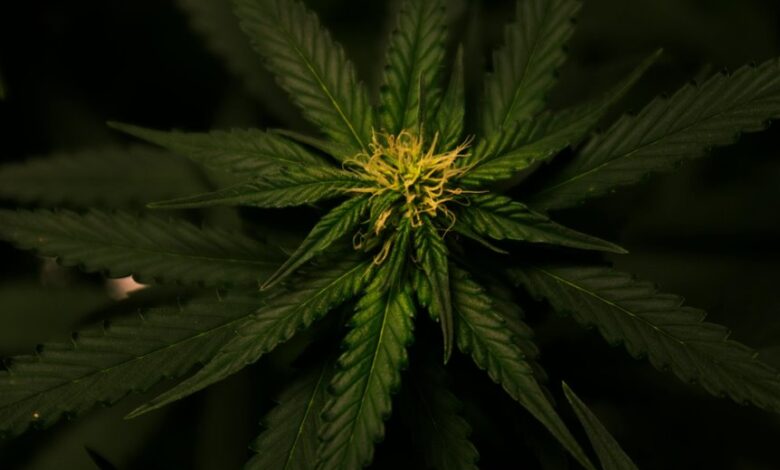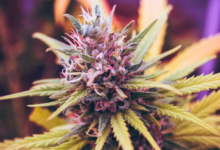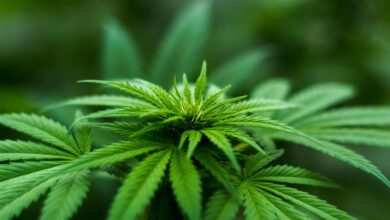Difference Between Cbd and Hemp

The distinction between CBD and hemp is fundamental yet often misunderstood. CBD, a compound derived from hemp, offers potential health benefits without psychoactive effects. Hemp, on the other hand, encompasses the entire Cannabis sativa plant, utilized across various industries. This nuanced difference impacts consumer choices significantly. With the increasing popularity of both, understanding their roles in the market becomes imperative. What implications do these differences hold for consumers and manufacturers alike?
Understanding CBD: What It Is and How It Works
Cannabidiol (CBD) is a non-psychoactive compound found in cannabis plants, recognized for its potential therapeutic properties.
Its various cbd benefits include anti-inflammatory effects, anxiety reduction, and pain relief.
The process of cbd extraction is crucial, as it determines the purity and potency of the final product.
Understanding these elements is essential for consumers seeking natural alternatives to conventional treatments, promoting personal freedom in health choices.
Exploring Hemp: Characteristics and Uses
Hemp, a versatile plant belonging to the Cannabis sativa species, is distinguished by its unique characteristics and numerous applications.
Its rapid growth and low resource requirements make hemp cultivation an environmentally sustainable choice.
Hemp applications span textiles, construction materials, and bioplastics, showcasing its potential to contribute to a more sustainable economy.
This adaptability positions hemp as a valuable resource in various industries.
Key Differences Between CBD and Hemp
Understanding the distinction between CBD and hemp is essential for grasping their respective roles within the cannabis industry.
CBD, a cannabinoid extracted primarily from hemp, is renowned for its potential health benefits, including pain relief and anxiety reduction.
Conversely, hemp encompasses various strains and varieties cultivated for industrial purposes, such as fiber and seeds, highlighting the broader applications beyond the therapeutic properties associated with CBD benefits.
The Legal Landscape of CBD and Hemp Products
The legal status of CBD and hemp products varies significantly across different jurisdictions, reflecting a complex interplay between federal, state, and international regulations.
Legal regulations often classify these products based on their THC content and intended use.
Consequently, discrepancies in product classifications can lead to confusion among consumers and businesses, necessitating careful navigation of the regulatory landscape to ensure compliance and access to these emerging markets.
Conclusion
In the intricate tapestry of the cannabis landscape, CBD and hemp emerge as distinct threads, each woven with unique properties and applications. While CBD offers a gateway to potential wellness benefits, hemp stands as a versatile resource, embodying the spirit of sustainability across industries. As consumers navigate this evolving market, understanding these differences is akin to discerning the nuances in a painter's palette, ensuring informed choices that resonate with individual needs and aspirations.






